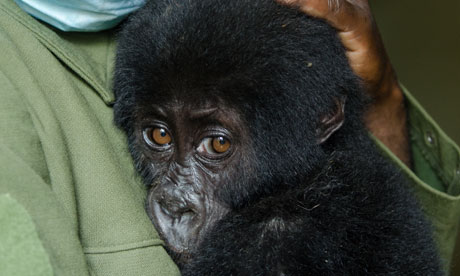'Wherever there are industries that profit from the abuse of animals; wherever the eyes of the public aren't looking; animals are at great risk.' Lyn White, Animals Australia.
The recent, shocking images on Australian tv were enough to make anyone cringe. I confess, I haven't been able to bring myself to watch them. My imagination runs rampant and I can't help but wonder why people behave the way they do. It seems logical that animals would be stunned before they are sliced, diced or out and out killed, doesn't it? Obviously that is not logical to some nor is the treatment of livestock with dignity and empathy. Therefore the responsibility must fall to exporters to ensure that stunning occur. Again - logical? Again - obviously not! It falls to us, as responsible, caring human beings of the general population to express our concerns and insist that this practice be legislated. Don't sell our livestock to ANYONE, ANY COUNTRY, ANY COMPANY who doesn't stun. SIMPLE.
Thank you to everyone who chose not to look away and sign the petitions, write to their government representatives & educate their friends to legislate & enforce livestock stunning before slaughter. The road is long but starts with each small step.
What can you do? Please log on to Animals Australia who are doing such an awesome job on this project and follow their simple list of "Take Action" things you can do. It does make a difference. Truly.
The recent, shocking images on Australian tv were enough to make anyone cringe. I confess, I haven't been able to bring myself to watch them. My imagination runs rampant and I can't help but wonder why people behave the way they do. It seems logical that animals would be stunned before they are sliced, diced or out and out killed, doesn't it? Obviously that is not logical to some nor is the treatment of livestock with dignity and empathy. Therefore the responsibility must fall to exporters to ensure that stunning occur. Again - logical? Again - obviously not! It falls to us, as responsible, caring human beings of the general population to express our concerns and insist that this practice be legislated. Don't sell our livestock to ANYONE, ANY COUNTRY, ANY COMPANY who doesn't stun. SIMPLE.
Thank you to everyone who chose not to look away and sign the petitions, write to their government representatives & educate their friends to legislate & enforce livestock stunning before slaughter. The road is long but starts with each small step.
What can you do? Please log on to Animals Australia who are doing such an awesome job on this project and follow their simple list of "Take Action" things you can do. It does make a difference. Truly.

